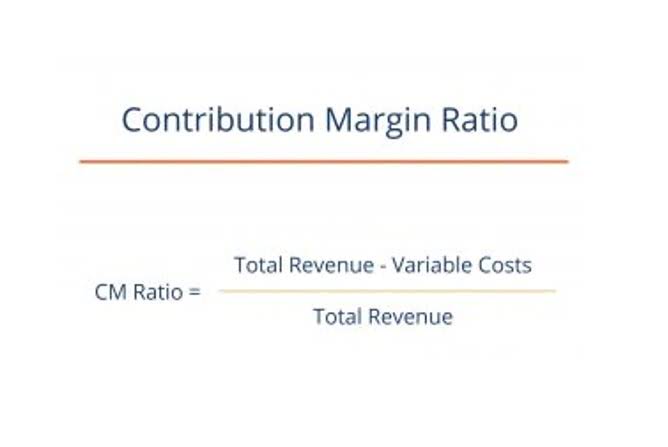
This suggests that long-term investors who can handle greater volatility will prefer common stock, while those who want to avoid such fluctuations are more likely to choose preferred stock. Growth stocks belong to companies expected to experience increasing earnings, which raises their share value. Meanwhile, value stocks are priced lower relative to their fundamentals and often pay dividends, unlike growth stocks. All public companies issue common stock, but they do not have to issue preferred stock.
Access to Capital Without Debt
Although you will be out the money that you put into the organization, the loss could be something that helps you when you file your taxes for that year. We have been looking at the advantages and disadvantages of common stocks since 1602 when the Dutch East India Company issued its first shares and began the Amsterdam Stock Exchange. Preferred stocks typically receive evaluation and ratings from today’s major credit rating agencies. That means you can find information about your potential investment from Morningstar, Moody’s, and Standard and Poors. This advantage can give the casual investor a higher level of confidence in the consistency of their dividend payments. It isn’t a guarantee that a return is coming your way, but an agency with a history of paying dividends for 20+ years doesn’t typically fail overnight.

Disadvantages of a Share Issue
When the market is struggling, it can be a sign that investors are worried about the future of the economy and are becoming Accounts Receivable Outsourcing more risk-averse. Another way for ownership to be projected is by measuring the issued and authorized stocks. This approach, called the «working model» calculation, forecasts potential changes in shareholder positions based on the total number of shares a company may issue, along with those already issued. It’s thus a speculative view of how ownership could evolve if the company fully uses its authorized share capital. It’s important all board members use the same calculation when making decisions or plans for the business to maintain consistency. The advantages and disadvantages of common stock must be carefully considered, just as they are with any other investment.
Convertible Bonds: Pros and Cons for Companies and Investors

Companies with high levels of debt may face challenges in managing interest payments and maintaining financial stability. By issuing new shares, a company can raise funds to pay down existing debt, thereby improving its balance sheet and reducing financial risk. This move can also enhance the company’s credit rating and provide more flexibility in financial planning. Moreover, share issuance makes the corporation vulnerable to a hostile takeover by a competitor, as the acquirer might be able to go into the stock market and buy up the majority of voting shares. Online traders make it simple and inexpensive to trade common stocks from major exchanges around the world. You can work with brokers who allow margin trading and short selling for eligible listings.
Long-Term Financial Flexibility
- After that, investors may sell it to another investor on the secondary market.
- This move can also enhance the company’s credit rating and provide more flexibility in financial planning.
- If you cannot attend, you can cast your vote by proxy, where a third party will vote on your behalf.
- Investing in common stocks is the best way to get ahead of inflation problems in most years, even if you see a loss happen here or there.
Just make sure that you check in regularly to verify that your portfolio’s performance is meeting your financial goals. There can be some tax advantages to consider with preferred stock. Common stock dividends get taxed as unearned income at the normal tax rate in the United States. That means you’ll pay the amount that’s based on your current bracket. Although that can be an advantage if your income is in the 10% or 12% range, most preferred stock gets taxed at the payroll capital gains rate instead.

Holding this asset means that the company will guarantee a dividend each year. If it fails to turn a profit and must what is an advantage to a corporation issuing stock? close, then you’ll receive compensation for your investments sooner. Moreover, take note of whether the stock is callable or convertible. Callable preferred stocks can be repurchased by the issuer at a preset date and price, causing you to miss out on future dividends. Convertible preferred stock, meanwhile, can be converted into common stock at the company’s discretion, which can be an advantage if the price of the common stock rises significantly. Preferred stock is a distinct class of stock that provides different rights compared with common stock.
Deja una respuesta